
OR
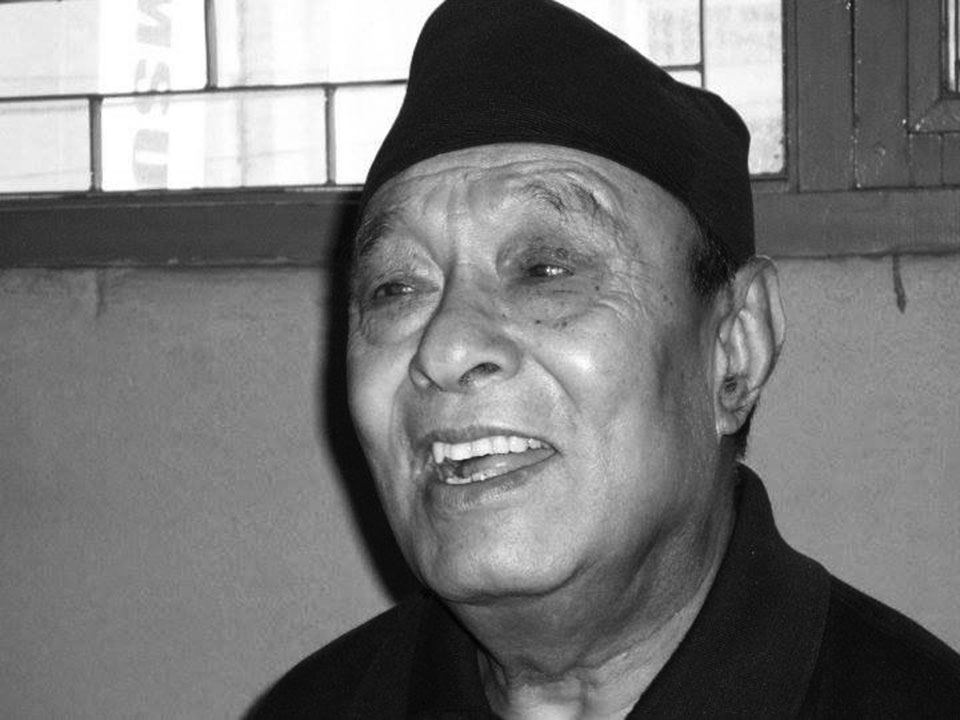
More from Author
Gambhir Man was guided by the motto: Teach by learning and learn by teaching
Renowned educator Gambhir Man Maskey passed away on December 2 at the age of 87. He had been suffering from dementia for some years. He earned high respect for his dedication, sacrifice and good leadership for promoting quality education. He guided thousands of kids though his own lifetime was festooned by social and supernatural catastrophes. He never surrendered, but continued to transform hell into heaven and consequently became the charming “Gambhir Man Sir”.
He was born in Kathmandu. His mother died shortly afterward. His babysitter Birbahadur also got trapped and perished in 1934 earthquakes, but little Maskey narrowly escaped it. His father, Chandra Man Maskey, a pioneer artist, was a cadre of Nepal Praja Parishad Party that secretly campaigned to oust Rana oligarchy from Nepal. So sometimes he would be imprisoned. He used to play marbles and Dandi Biyo in free time, and whenever his father had free time, he would narrate the story of Balak Dhruba.
Maskey’s earlier education began at Ramchandra Vidhyashram and he was later transferred to JP School. He dreamed to join Durbar High School for higher classes. Although his guardian didn’t have handsome earning, with the help of then director of Education Mr. Mrigendra Shamser Rana, he was admitted to that school in an orphan quota. One day because of peer pressures, he also chanted “Long go freedom.” The teachers punished him. He was made to rub his nose in the coarse floor until it started bleeding. There was no scientific teaching and learning environment, and it had made a bad impression on the juvenile mind. Despite all odds, he achieved success in academic pursuit. He passed SLC, IA, BA and joined MA in English Literature. One of his classmates was Parijat, a renowned woman litterateur who was awarded Madan Puraskar for her famous novel Shiriskophul (Blue Mimosa).
He was appointed secondary level English teacher at Vishwo Nikentan High School in 1950. Once being tortured by teachers, he had promised to teach more effectively. He was guided by the motto, “Teach by learning and learn by teaching”. He started to teach differently than his peers and it took him to new height of success. He also read Newari, Nepali, Hindi and English literature and composed few poems and short stories, some of which were published from both Nepal and India.
He hugely inspired his students. When he was unable to make his learners understand things, it would greatly trouble him. The next day, he would be restless to teach them again with massive preparations. He explained the lessons in such a way that his students never felt English is a difficult subject.
He taught and counseled thousands of students and became their favorite teacher. As the headmaster of the school, he ensured effective administration and made his school one of the most reputed ones in town. He never boasted nor craved for name and fame. He lived a humble life. His tenure was so successful that his name and Viswo Niketan became synonymous.
His disciples and those who knew him personally recall him with respect. Hari Adhikari, professor at Tribhuvan University, notes that Maskey was his role model during his formative years in teaching. London-based Dr. Paras Sharma says, “Gambhir Sir is a man of principle and morals”. Similarly, Professor Ram Ashish Giri states, “I worked under Maskey Sir for a number of years during my MEd years. He was the kindest person I have ever met in my life”.
He received Gorakha Dakhinbahu and many other awards, but for him, students’ respects were the highest of all rewards. Helping the needy brought him immense satisfaction. Perhaps this is the reason why he gave additional classes to hundreds of poor students whenever required at his home for free. He valued all walks of life equally and was grateful to everyone. In his free time, he read Devkota, Nehru and Gandhi.
Guided by simple living and high thinking motto, his philanthropic initiations have made significant impacts. The level of his dedication, perseverance and trust are beyond comparison.
Despite considerable investment on infrastructure and human resources, Nepal’s government schools are still languishing behind. They have failed to make a mark in the national education system. But if teachers and headmasters work sincerely they can make a lot of difference in the public education system. Gambhir Man Sir showed how it can be done when he was alive.
Teachers and headmasters of all public schools should follow in his footsteps. Only that will be a real tribute to persons like him. Great men live even after death. Gambhir Man Sir is a bright star in the field of education.
The author, student of late Maskey, is a university teacher.
You May Like This

Analysis of judicial precedents on medical negligence within Nepal's legal framework
Medical negligence, a medico legal concept, pertains to the actions of healthcare professionals leading to legal repercussions. In addressing such... Read More...

Leveraging Foreign Policy for Economic Prosperity
The foreign policy of any country is meant to serve its national interests through engagements and interactions with the larger... Read More...

Why do US Firms Invest Less in Nepal?
The interest of the United States of America in Nepal has increased significantly in recent years due to its strategic... Read More...

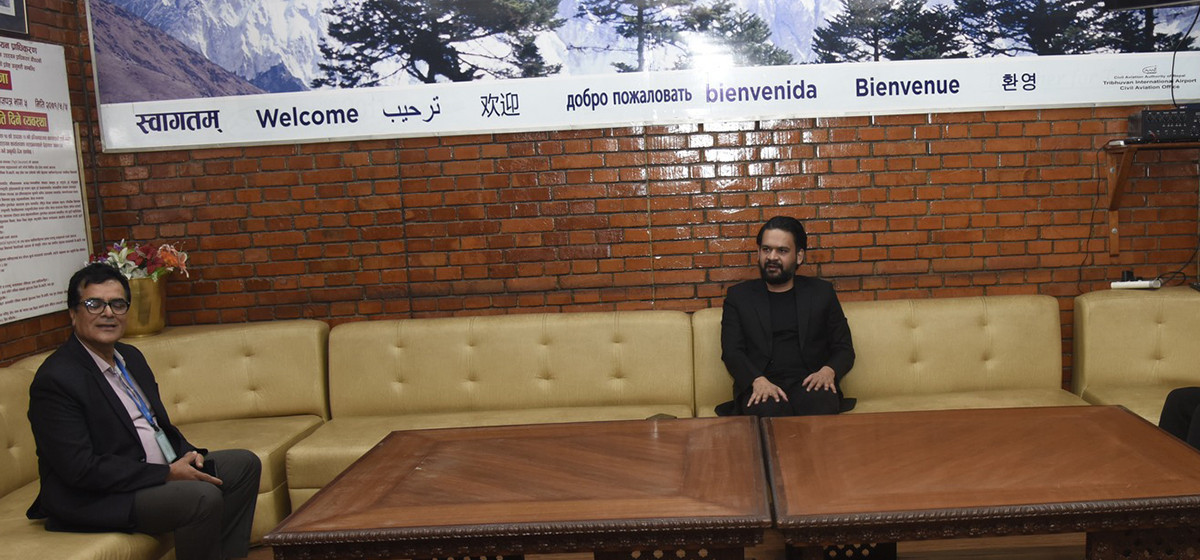
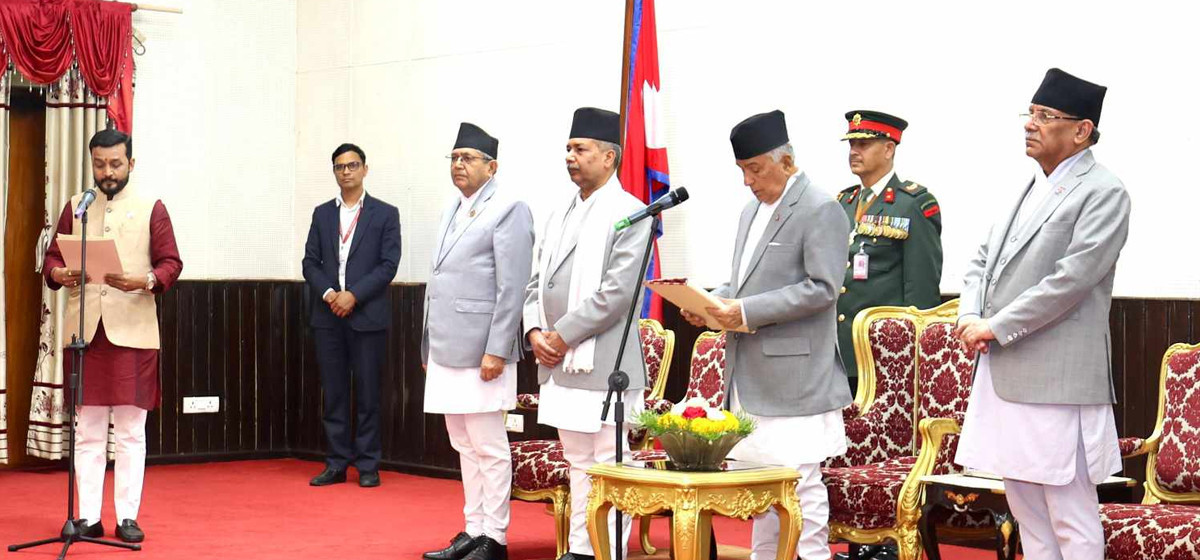
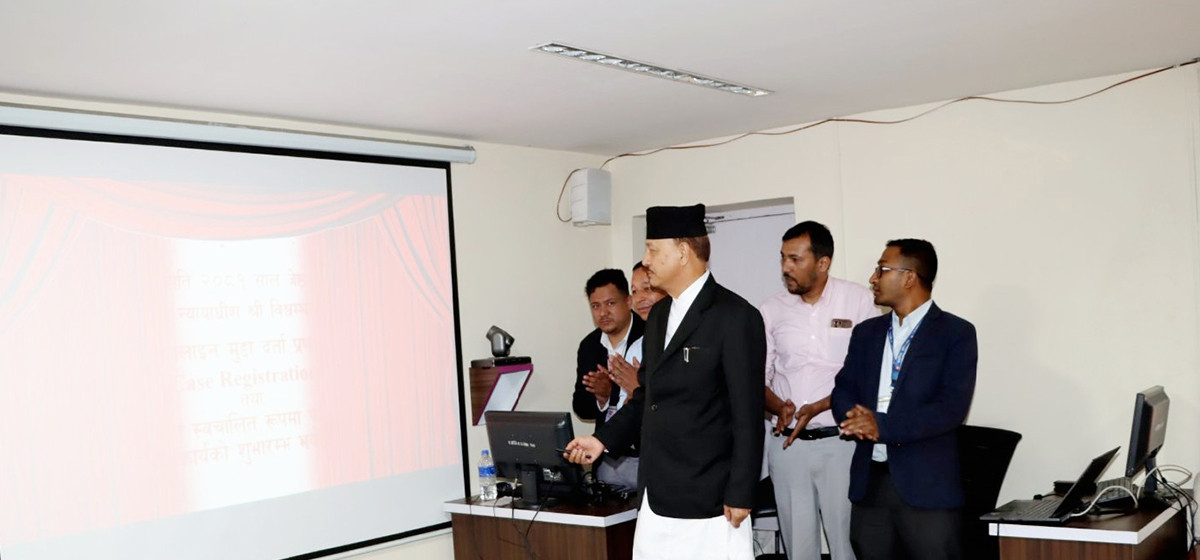

Just In
- Sudurpaschim govt spends just 34.5% of allocated budget in 10 months of current FY
- SC launches online registration of cases
- NEPSE surges 28.62 points, daily turnover rises to Rs 4.08 billion
- Hearing on cricketer Lamichhane’s case to continue Wednesday
- Global IME Bank named ‘Best Bank in Nepal for 2024’ by Global Finance Magazine
- DoTM receives lab test report of driving license cards, preparing to distribute licenses
- KMC invites applications for environmental studies and experts in various fields
- Council of Ministers approves 16th Five Year Plan, aims to increase GDP to Rs 8.6 trillion after five years







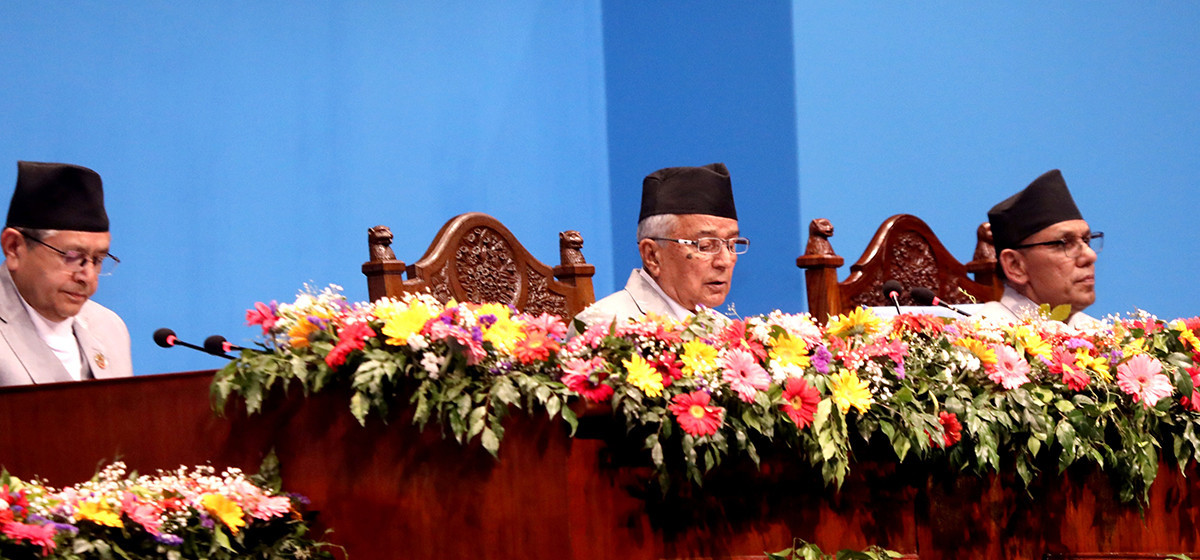



_20240514180252.jpg)
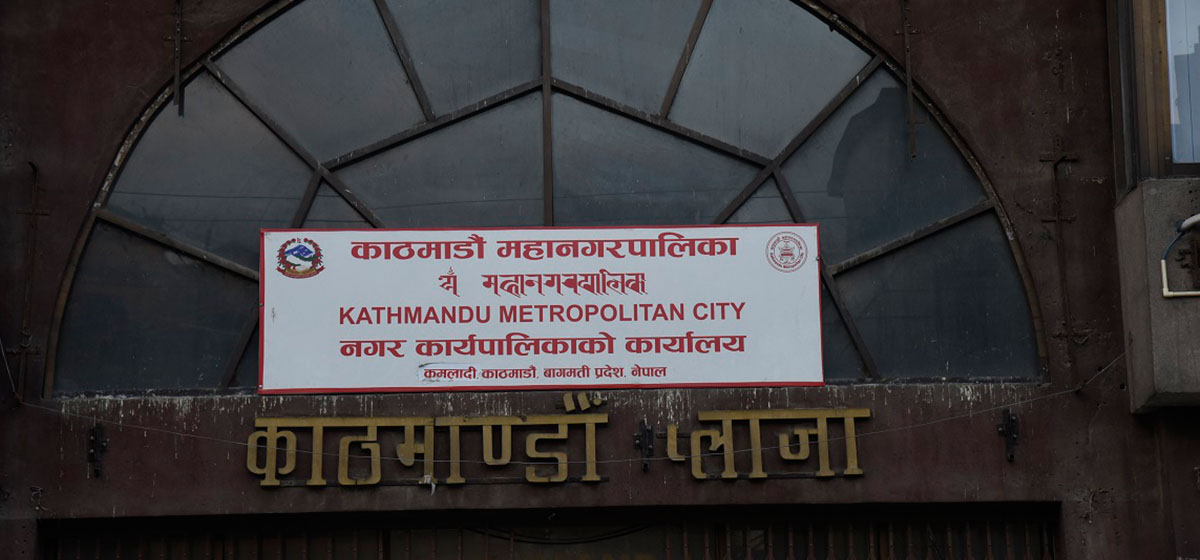

Leave A Comment